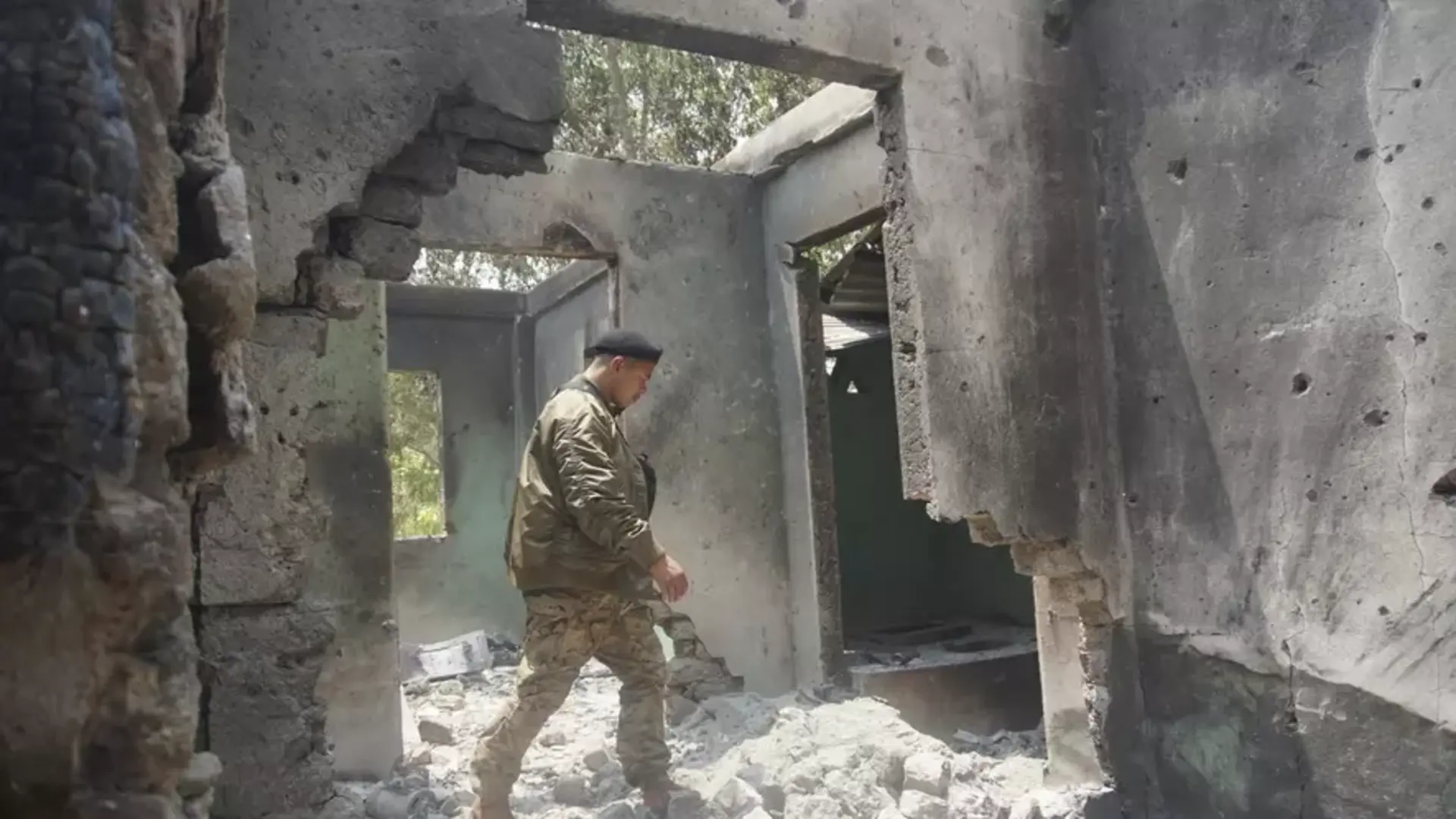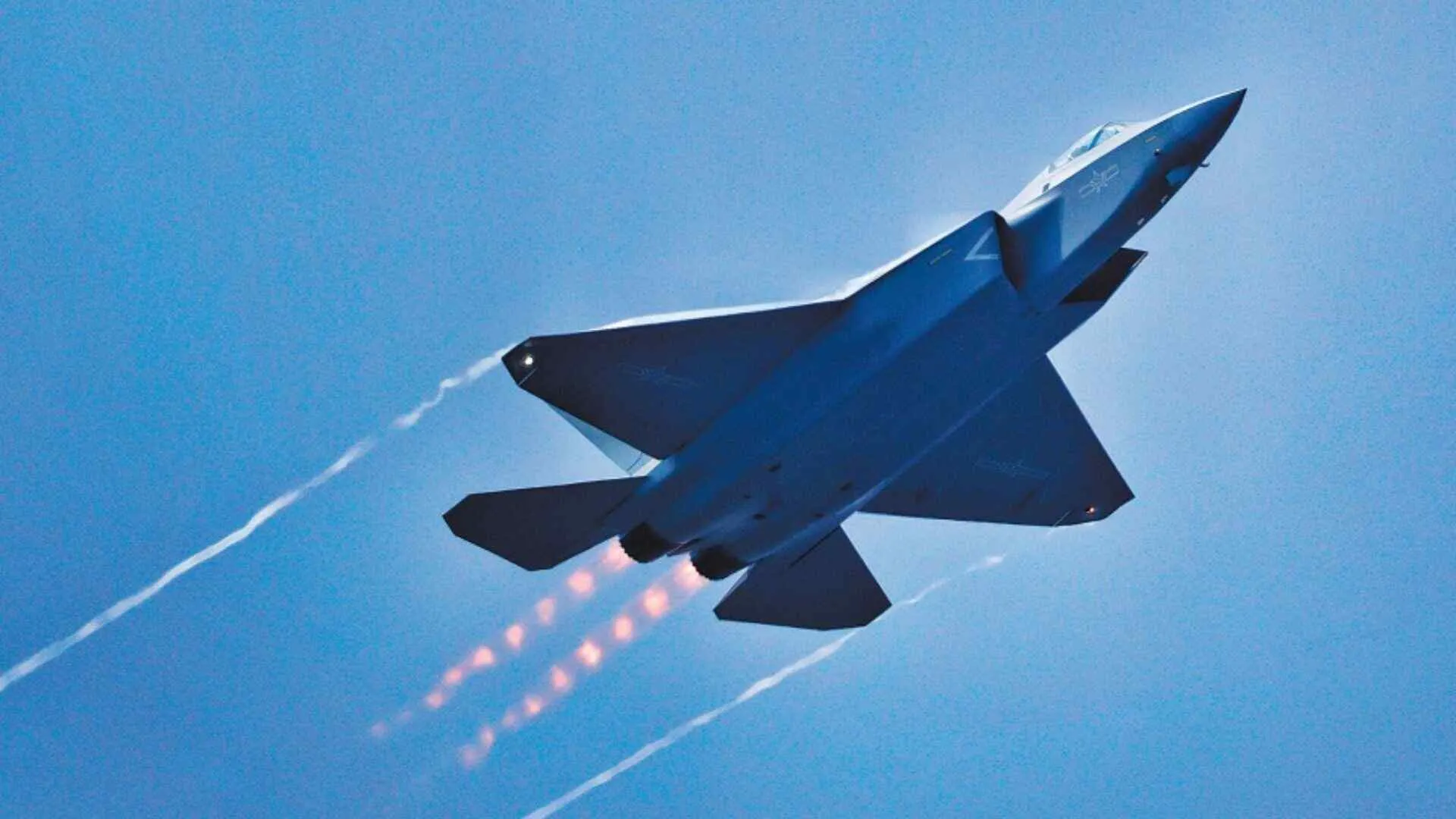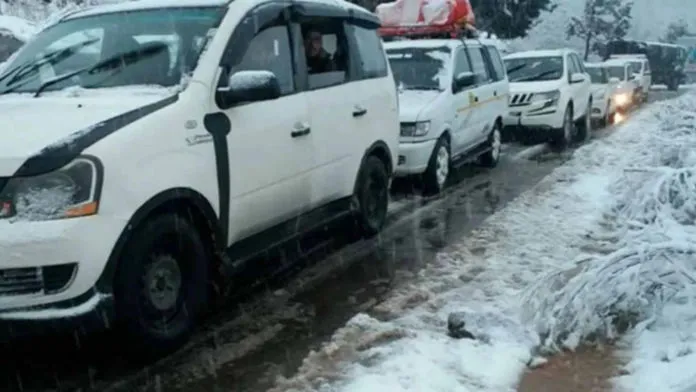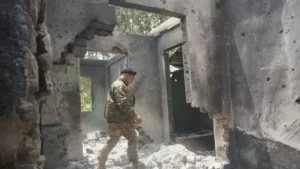The Myanmar military has called for political dialogue on Monday. The State Administration Council (SAC), Myanmar’s military government, has publicly urged its opponents, including ethnic armed organizations and pro-democracy groups, to abandon their armed struggle and engage in talks. This is the military’s first significant outreach since the 2021 coup, following a year of major military setbacks in several regions of the country. The junta also proposed that these groups participate in a planned election in 2025, although many view the election as a ploy to solidify the junta’s control.
Resistance groups, however, swiftly rejected the offer, with groups like the National Unity Government (NUG) and the Karen National Union (KNU) stating that any dialogue must include the military’s permanent removal from politics and accountability for war crimes. These developments come amid severe battlefield losses for the military in key regions like Shan, Kachin, and Rakhine States, where the junta’s influence is waning.
Meanwhile, China has been heavily involved in negotiations in northern Myanmar, attempting to mediate ceasefires and stabilize its border region as economic interests are increasingly at risk. Despite China’s efforts, ethnic armed groups continue to expand their control over territories, creating significant instability along the China-Myanmar border.
As the military’s hold weakens, Myanmar’s humanitarian crisis deepens, with 1.8 million people displaced and severe shortages of food, fuel, and medical supplies across the country.
The intensifying conflict in Myanmar, especially the rising resistance movements and territorial gains made by ethnic armed groups such as the Arakan Army. The humanitarian crisis is reaching unprecedented levels, with 2.8 million displaced people and 12.9 million facing food insecurity. Additionally, Myanmar is becoming a hub for illicit economies, including human trafficking, methamphetamine production, and cyber scams. This marks a further deterioration in the country’s law and order since the 2021 military coup.
Conflict in Myanmar has broader global implications, affecting multiple aspects of international security, humanitarian efforts, and regional stability:
Humanitarian Crisis Spillover: The large-scale displacement of 2.8 million people has led to a significant refugee influx into neighboring countries like Thailand, Bangladesh, and India, straining their resources and potentially destabilising regional politics.
Regional Instability: The growing power of ethnic armed groups and Myanmar’s internal strife threatens to spill over into neighboring Southeast Asian nations, disrupting peace and security. The breakdown in law and order, combined with the military’s inability to regain control, risks triggering further conflicts in the region.
Illicit Economies: Myanmar has become a global hub for methamphetamine production, human trafficking, and cyber scams, which impact international crime networks and economies. The country’s role in these illicit activities destabilises trade and security across Southeast Asia and beyond.
Human Rights Violations: Myanmar’s deteriorating human rights situation, particularly against ethnic minorities like the Rohingya, draws international condemnation and pressure on global institutions like the United Nations to intervene. This ongoing crisis strains international relations and human rights advocacy efforts globally.
Several countries and organisations are currently involved in providing humanitarian aid to Myanmar amidst its escalating crisis. The United Nations is playing a central role, with the Office for the Coordination of Humanitarian Affairs (OCHA) stressing that 18.6 million people in Myanmar will need aid in 2024. However, funding remains critically low, with only 4% of the required $994 million funded so far.
Countries like the United Kingdom and Japan have condemned the actions of the Myanmar military and have stepped up their assistance. The UK has provided over $56 million in aid to support Rohingya and other vulnerable groups since 2017, while Japan has allocated $37 million in humanitarian assistance, focusing on healthcare, particularly for women and children. Japan and the UK have been vocal in pushing for full humanitarian access and encouraging regional solutions through ASEAN’s Five-Point Consensus, a framework to end the violence.
Meanwhile, Russia has taken a more critical stance toward international involvement, opposing open UN discussions on Myanmar, arguing that the crisis is being overly politicized by Western countries.
Also read: 17.7 Million Face Hunger as Sudan Spirals into Famine and Displacement
The need for greater international unity in addressing Myanmar’s crisis is clear, as the conflict is not only creating massive internal displacement but also generating spillover effects in neighboring countries and fueling illicit economies like human trafficking and drug trade.












